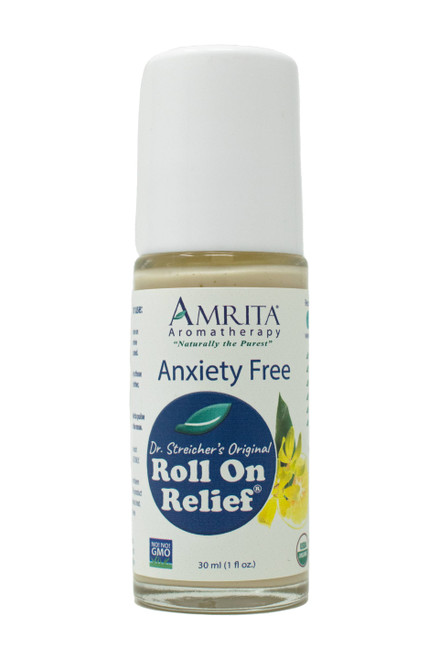What is anxiety? What is stress?
Anxiety and stress are both normal human emotions that everyone experiences at one time or another. However, when these emotions interfere with your ability to lead a normal life, they then become considered "anxiety disorders" or "stress disorders."*
Stress is defined as how your brain responds to a demand. The "stress response" as it is known, affects the body in that it generates reactions to allow you to deal with the demand.* For example, it prepares you to be able to flee the situation or to defend yourself, depending on the situation. As part of its reaction, our body releases epinephrine (adrenaline) from the adrenal glands.*
The problem comes when our modern-day lives present demands that are not the sort of demands that require a physical response.* Our bodies don't seem to quite know how to react, and having epinephrine and the stress hormone cortisol regularly circulating through our bodies can cause health problems in the long term.*
However, being stressed isn't considered a medical condition, whereas anxiety disorders are and they are very common — in fact they are the most common mental disorder in America.* Anxiety is considered more akin to fear than to stress.* Generally, an anxiety disorder is diagnosed when the fear is interfering with your normal life, or if it seems to develop without any real cause.*
There a variety of anxiety disorders such as generalized anxiety disorder, panic disorder, obsessive-compulsive disorder (OCD), post-traumatic stress disorder (PTSD), separation anxiety, and so on.*
What causes anxiety?
The exact cause is not known, but research seems to indicate that it's caused by a combination of factors, such as changes in the brain and environmental stress.* There does appear to be some genetic component in terms of our susceptibility to it.*
Research has shown that long-lasting or severe stress can change the way nerve cells within the brain transmit information from one region to another.* Other research studies have shown that people with specific anxiety disorders have changes in the parts of their brains that control memories linked with strong emotions.*
*These statements made on this page have not been evaluated by the U.S. Food and Drug Administration (FDA). They are not intended to diagnose, cure, or prevent any disease. If a condition persists, please contact your physician or healthcare provider. The information provided is not a substitute for a face-to-face consultation with a healthcare provider, and should not be construed as medical advice.






















